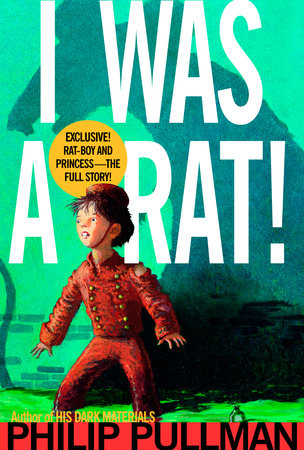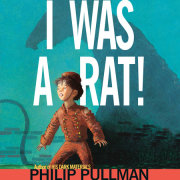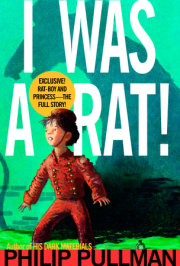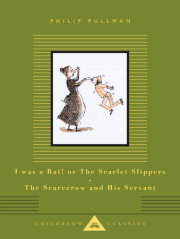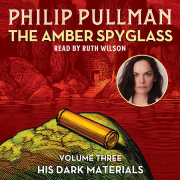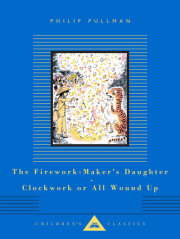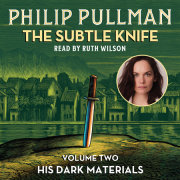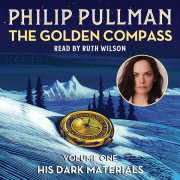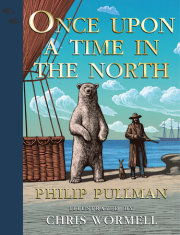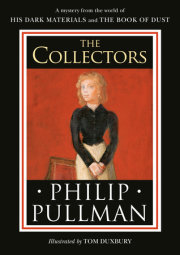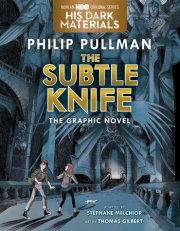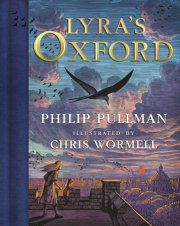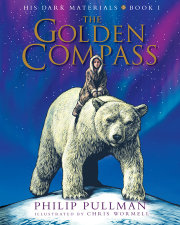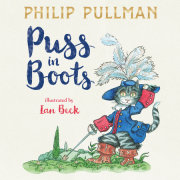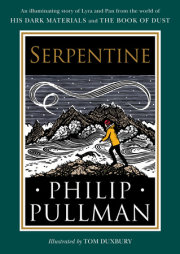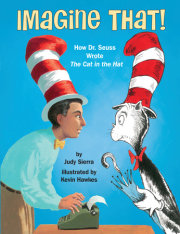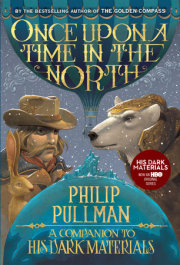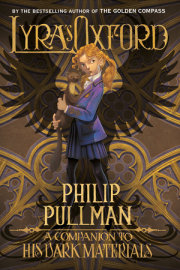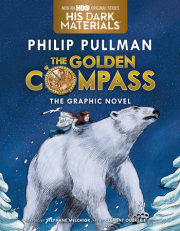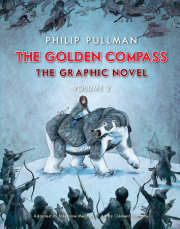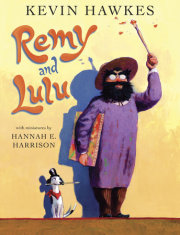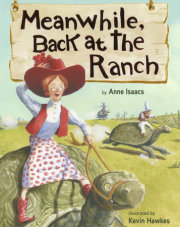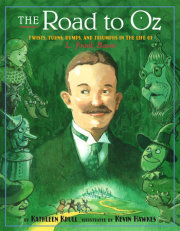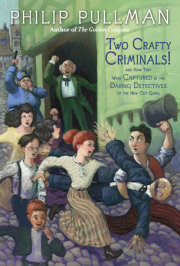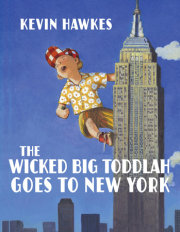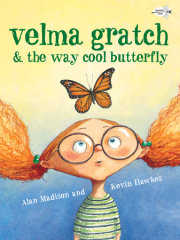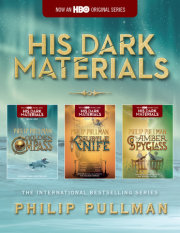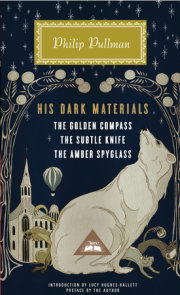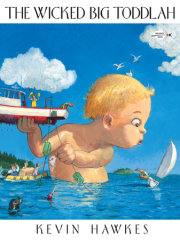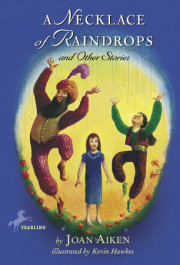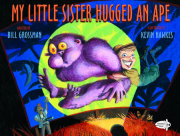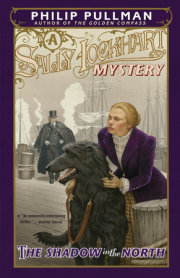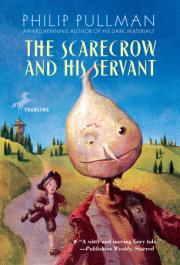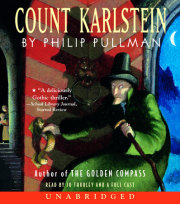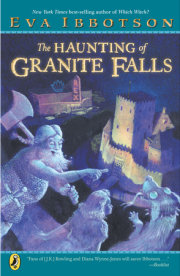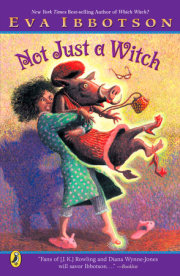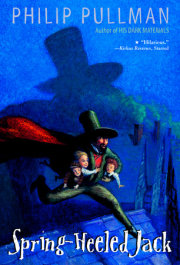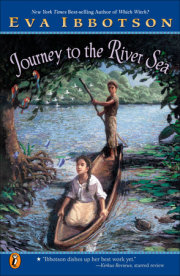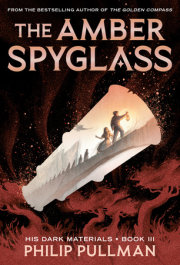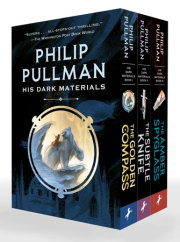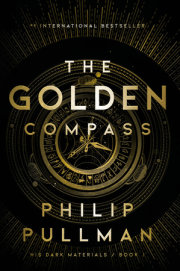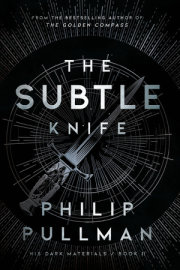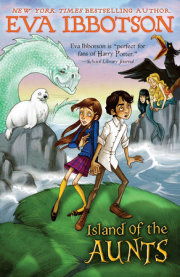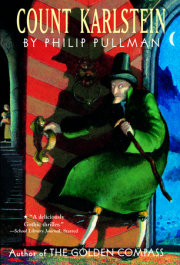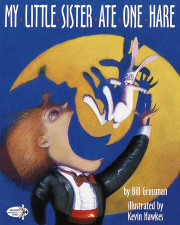I Was a Rat
Old Bob and his wife, Joan, lived by the market in the house where his father and grandfather and great-grandfather had lived before him, cobblers all of them, and cobbling was Bob's trade too. Joan was a washerwoman, like her mother and her grandmother and her great-grandmother, back as far as anyone could remember.
And if they'd had a son, he would have become a cobbler in his turn, and if they'd had a daughter, she would have learned the laundry trade, and so the world would have gone on. But they'd never had a child, whether boy or girl, and now they were getting old, and it seemed less and less likely that they ever would, much as they would have liked it.
One evening as old Joan wrote a letter to her niece and old Bob sat trimming the heels of a pair of tiny scarlet slippers he was making for the love of it, there came a knock at the door.
Bob looked up with a jump. "Was that someone knocking?" he said. "What's the time?"
The cuckoo clock answered him before Joan could: ten o'clock. As soon as it had finished cuckooing, there came another knock, louder than before.
Bob lit a candle and went through the dark cobbler's shop to unlock the front door.
Standing in the moonlight was a little boy in a page's uniform. It had once been smart, but it was sorely torn and stained, and the boy's face was scratched and grubby.
"Bless my soul!" said Bob. "Who are you?"
"I was a rat," said the little boy.
"What did you say?" said Joan, crowding in behind her husband.
"I was a rat," the little boy said again.
"You were a--go on with you! Where do you live?" she said. "What's your name?"
But the little boy could only say, "I was a rat."
The old couple took him into the kitchen because the night was cold, and sat him down by the fire. He looked at the flames as if he'd never seen anything like them before.
"What should we do?" whispered Bob.
"Feed the poor little soul," Joan whispered back. "Bread and milk, that's what my mother used to make for us."
So she put some milk in a pan to heat by the fire and broke some bread into a bowl, and old Bob tried to find out more about the boy.
"What's your name?" he said.
"Haven't got a name."
"Why, everyone's got a name! I'm Bob, and this is Joan, and that's who we are, see. You sure you haven't got a name?"
"I lost it. I forgot it. I was a rat," said the boy, as if that explained everything.
"Oh," said Bob. "You got a nice uniform on, anyway. I expect you're in service, are you?"
The boy looked at his tattered uniform, puzzled.
"Dunno," he said finally. "Dunno what that means. I expect I am, probably."
"In service," said Bob, "that means being someone's servant. Have a master or a mistress and run errands for 'em. Page boys, like you, they usually go along with the master or mistress in a coach, for instance."
"Ah," said the boy. "Yes, I done that, I was a good page boy, I done everything right."
"'Course you did," said Bob, shifting his chair along as Joan came to the table with the bowl of warm bread and milk.
She put it in front of the boy, and without a second's pause, he put his face right down into the bowl and began to guzzle it up directly, his dirty little hands gripping the edge of the table.
"What are you doing?" said Joan. "Dear oh dear! You don't eat like that. Use the spoon!"
The boy looked up, milk in his eyebrows, bread up his nose, his chin dripping.
"He doesn't know anything, poor little thing," said Joan. "Come to the sink, my love, and we'll wash you. Grubby hands and all. Look at you!"
The boy tried to look at himself, but he was reluctant to leave the bowl.
"That's nice," he said. "I like that..."
"It'll still be here when you come back," said Bob. "I've had my supper already, I'll look after it for you."
The boy looked wonder-struck at this idea. He watched over his shoulder as Joan led him to the kitchen sink and tipped in some water from the kettle, and while she was washing him, he kept twisting his wet face round to look from Bob to the bowl and back again.
"That's better," said Joan, rubbing him dry. "Now you be a good boy and eat with the spoon."
"Yes, I will," he said, nodding.
"I'm surprised they didn't teach you manners when you was a page boy," she said.
"I was a rat," he said.
"Oh, well, rats don't have manners. Boys do," she told him. "You say thank you when someone gives you something, see, that's good manners."
"Thank you," he said, nodding hard.
"That's a good boy. Now come and sit down."
So he sat down, and Bob showed him how to use the spoon. He found it hard at first, because he would keep turning it upside down before it reached his mouth, and a lot of the bread and milk ended up on his lap.
But Bob and Joan could see he was trying, and he was a quick learner. By the time he'd finished, he was quite good at it.
"Thank you," he said.
"That's it. Well done," said Bob. "Now you come along with me and I'll show you how to wash the bowl and the spoon." While they were doing that, Bob said, "D'you know how old you are?"
"Yes," said the boy. "I know that, all right. I'm three weeks old, I am."
"Three weeks?"
"Yes. And I got two brothers and two sisters the same age, three weeks."
"Five of you?"
"Yes. I ain't seen 'em for a long time."
"What's a long time?"
The boy thought, and said, "Days."
"And where's your mother and father?"
"Under the ground."
Bob and Joan looked at each other, and they could each see what the other was feeling. The poor little boy was an orphan, and grief had turned his mind, and he'd wandered away from the orphanage he must have been living in.
As it happened, on the table beside him was Bob's newspaper, and suddenly the little boy seemed to see it for the first time.
Copyright © 2002 by Philip Pullman. All rights reserved. No part of this excerpt may be reproduced or reprinted without permission in writing from the publisher.

